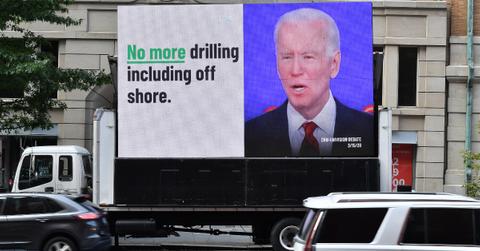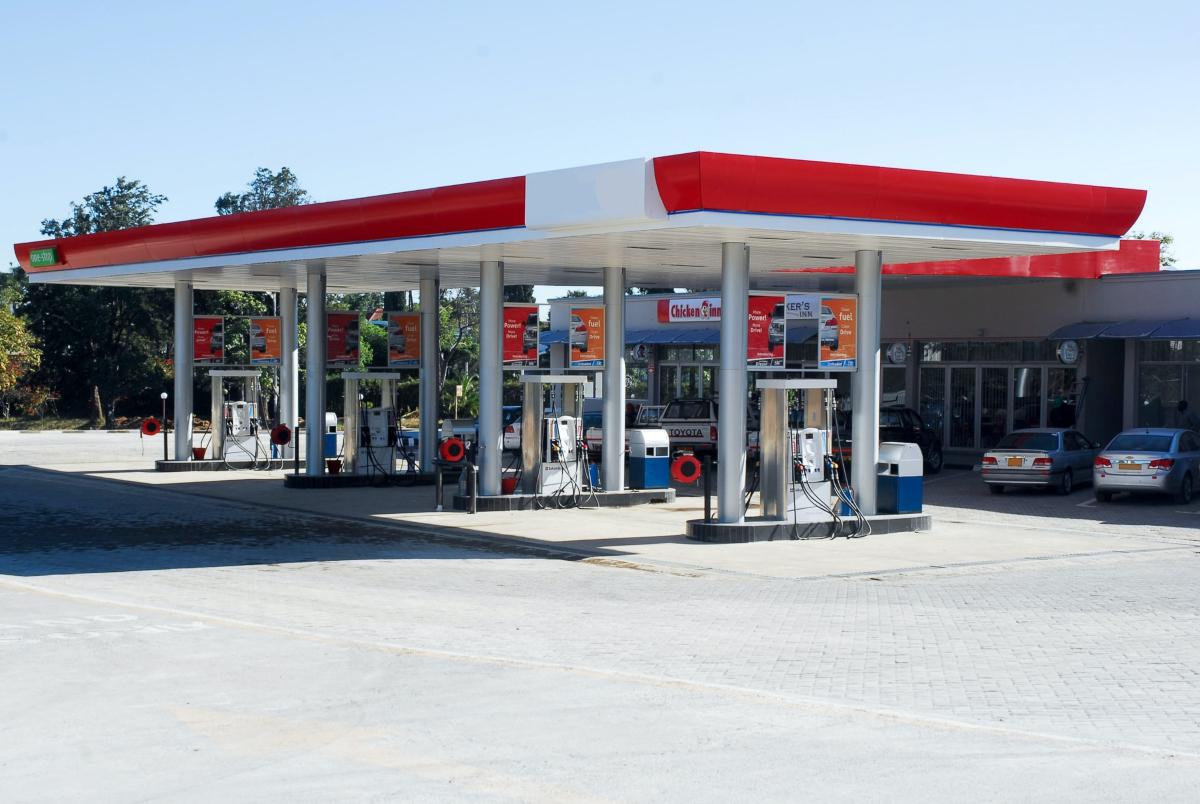Is There an Oil and Fuel Shortage in the U.S. and Is Biden to Blame?
Recently, crude oil prices rose to the highest level since 2014. Is there an oil and fuel shortage in the U.S.?
Nov. 8 2021, Published 8:21 a.m. ET
In April 2020, WTI prices went into the negative territory for the first time in history. The world was awash with oil and negative prices reveal that drillers were willing to pay money to get the oil removed from the fields. The world has come a long way since then and crude oil prices recently rose to the highest level since 2014. Is there an oil and fuel shortage in the U.S. in 2021?
Rising energy prices are a concern not only for ordinary consumers but also for policymakers. Inflation is running riot in many parts of the world, including in the U.S. Among others, rising oil prices are contributing to the price rise. While the Federal Reserve has maintained that inflation is “transitory,” higher oil prices would run contrary to the Fed’s projections.
Why are oil prices going up in 2021?
Crude oil prices have surged this year and many brokerages, including Goldman Sachs, think that prices have room to run higher. Commodity prices, including crude oil, are a function of supply and demand. Oil prices have been going up in 2021 amid the steep rise in demand. As economies have reopened across the world, crude oil demand has also gained momentum.
Is there a shortage of oil?
The world isn't exactly short of oil. However, oil producers have been reluctant to increase production in a big way. The OPEC+ block has agreed to increase the daily production in December by 400,000 barrels per day. The production increase is much lower than what oil-importing countries were expecting.
OPEC expects the global oil demand to rise to 100.8 million barrels per day in 2022 and exceed the pre-pandemic demand levels.
Biden administration on the oil shortage
The Biden administration has also been concerned about the reluctance of oil-producing countries to increase output. U.S. Energy Secretary Jennifer Granholm has called upon OPEC to increase their production.
President Joe Biden also blamed major oil producers, including Russia and Saudi Arabia, for not pumping enough oil. The administration has been releasing oil from the strategic reserve to increase the supply.
In October, Russian President Vladimir Putin, who believes that oil prices rising to $100 per barrel is a real possibility, said that underinvestment in oil development could lead to a shortage of supply in the coming years.
Russia, as a major oil exporter, benefits from higher oil and gas prices. Europe has been blaming Putin for manipulating gas prices to hasten the approval for the Nord Stream 2 pipeline.
Is there a fuel shortage in the U.S.?
Crude oil has to be refined into different usable fuels like gasoline and diesel. While many people might not be too worried about a shortage of crude oil, running out of gasoline would be scary.
There have been reports of sporadic and localized fuel shortages. However, there isn't a countrywide fuel shortage. Aspects like the shortage of truck drivers might lead to a fuel shortage in some parts of the country. There was an energy crisis in the U.K. in October amid panic buying. Unless we see a panic buying event in the U.S., the possibility of a nationwide fuel shortage is almost negligible.
Should you blame Biden for higher prices?
Many people blame Biden’s energy prices for the increasing clout of OPEC+. The administration has tightened the screws on new energy projects, which does seem to be having an impact. Also, Biden’s terms with Russia and Saudi Arabia aren't similar to that of Trump, who cajoled the block to agree to a historical production cut in 2020 amid the slump in oil prices.



